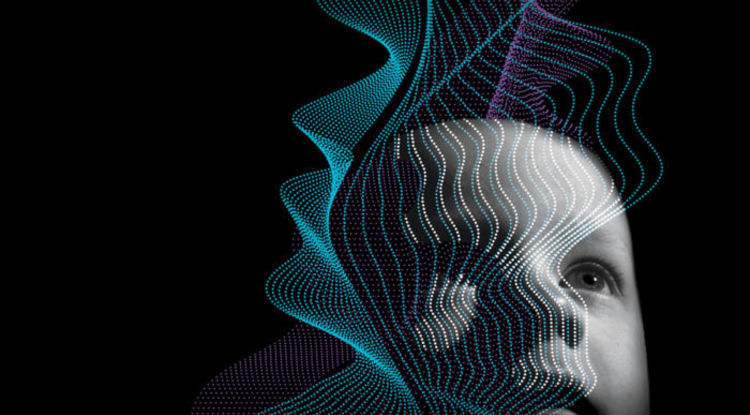The 13th annual University of Arizona College of Science lecture series will explore “Humans, Data and Machines” and the philosophical and ethical questions that arise from the convergence of the three.
The lectures are free, open to the public and will be held at Centennial Hall on Mondays at 7 p.m. for six weeks starting Monday, Jan. 22.
Artificial intelligence, machine learning and algorithms are already embedded in our everyday lives, yet the words are still shrouded in misunderstanding and fear.
Many people worry that machines will start to think like us, said Joaquin Ruiz, dean of the College of Science. “But that’s not quite right.”
And while unlikely, “another possibility is our Roombas turn into terminators,” joked Stephen Kobourov, a UA computer science professor and first lecturer of the series.
More realistically, many are concerned about potential societal disruption. What is going to happen to us, our jobs, our livelihood? Kobourov asked.
A history of disruption
Most people were farmers before the First Industrial Revolution gave humanity large-scale agriculture. New technologies increased productivity, so many farmers left their fields. Today, less than one percent of the U.S. population are farmers, according to the U.S. Department of Agriculture.
The next two industrial revolutions brought mass production and digitalization, respectively. Labor markets adapted each time.
We are now in the midst of what has been dubbed the Fourth Industrial Revolution, “characterized by a range of new technologies that are fusing the physical, digital and biological worlds,” which will likely be facilitated by emerging artificial intelligence, according the World Economic Forum.
“Some argue that these kinds of revolutions do destroy some kinds of jobs, but that they create many more. That has been true for all the other industrial revolutions that we’ve had, but some argue that this one is different,” Ruiz said.
“One could argue that the changes are more dramatic, more rapid, and we will try to address this in several of the lectures in the series and show this as a part of the continuum of change,” Kobourov said.
Lions and Tigers and Bears
Artificial intelligence, machine learning and algorithms — what do these words even mean?
AI is a field of study with an aspirational name, Kobourov said. When the field first began about 50 years ago, some researchers sought to create artificial intelligence by first understanding everything about the human brain and mimicking it.
More practical researchers found that goal too ambitious, so instead sought to create machines that could outperform humans at specific tasks without common sense or being self-aware.
“They are not thinking like you and I think ... but they help us solve problems,” Kobourov said.“Machine learning is one way that we are trying to accomplish the artificial intelligence goal.”
Machine learning involves tools called algorithms, which are a new type of computer program designed to improve with experience. Massive amounts of data, such as our Netflix viewing histories and Amazon books purchases, combined with fast computers and statistical analysis results in customized movie and book recommendations, Kobourov said.
Why now?
It’s only been the last 10 years that smartphones have become ubiquitous and massive amounts of data have been available as fodder for machine learning algorithms to learn from.
“The more data we have, the better machine learning algorithms get,” Kobourov said.
Some interesting consequences have come from the merging of humans, data and machines which will be explored within the series.
Presenters will introduce you to the many algorithms behind everyday conveniences; consider whether machines can actually think; show you how AI is being used in science and medicine; explain how AI is exposing our own innate biases; reveal what humans can do that machines cannot; and even argue that there’s no such thing as big data.




